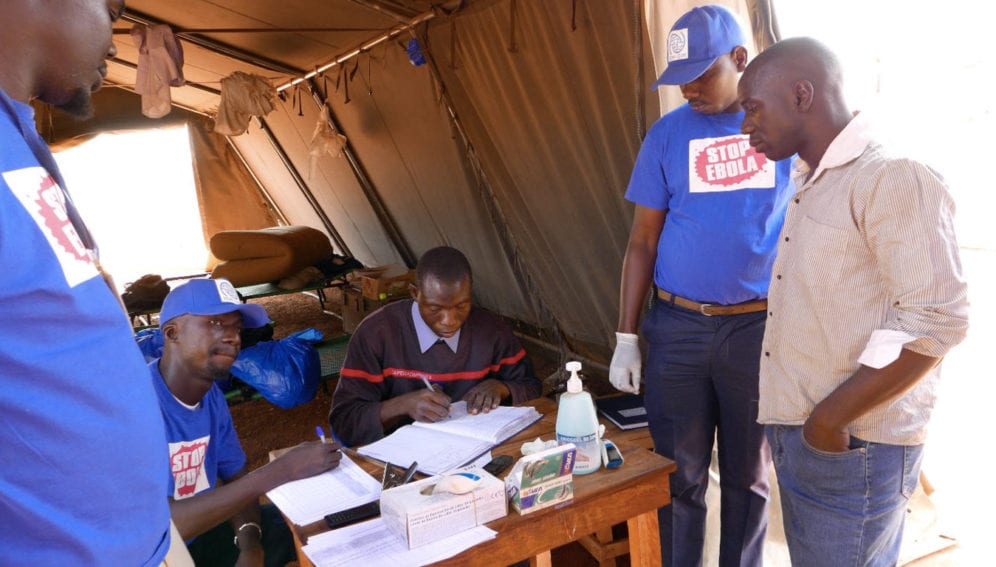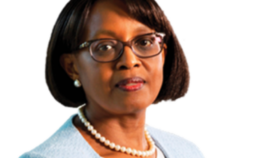By: Aregu Balleh
Send to a friend
The details you provide on this page will not be used to send unsolicited email, and will not be sold to a 3rd party. See privacy policy.
[ADDIS ABABA] African governments are planning to establish the first pan-African centre for disease control and prevention (CDC), according to a resolution passed at the 24th African Union (AU) Summit of Heads of States and Governments.
A draft document approved at the summit in Ethiopia on 23-31 January this year, indicates that the centre will be established to address priority health concerns in Africa first through prevention and where needed, through detection and response.
“The African CDC will serve as a platform for member states to share knowledge, exchange lessons learned, build capacity and provide technical assistance to each other,”
Marie Goreti Harakeye, The AU Commission
Marie Goreti Harakeye, the head of the HIV/AIDS, TB, malaria and OID division in the AU’s Department of Social Affairs, says the AU Commission arrived at the decision due to the health challenges facing the continent and the necessity for an accountability framework for health security to protect citizens.
“The African CDC will serve as a platform for member states to share knowledge, exchange lessons learned, build capacity and provide technical assistance to each other,” Harakeye tells SciDev.Net. “The African CDC is Africa-owned and member states hold ultimate responsibility over the public health services within the borders.”
The first phase of the centre’s establishment — which has a duration of 18 months, and would have ten to 15 staff — will start in June this year at a running cost of US$5 million mobilised from member states, according to Harakeye, who emphasises the importance of mobilising the private sector and other partners for the centre’s operations.
Harekeye adds that technical support has already been obtained from the disease control and prevention centres in China, the EU, United States and other partners, including the WHO.
The centre’s initial coordination office to be located at the headquarters of the AU Commission in Ethiopia will work closely with already existing centres in member countries, according to the resolution.
Harakeye says establishing a surveillance system for diseases such as Polio, Ebola and the Avian flu will be a priority, but the centre will also build its capacity to prevent and respond to natural disasters and bioterrorism.
“The establishment of the African CDC has been long awaited and will help in addressing emergencies in a timely and effective manner,” says Solomon Nwaka, the executive director of Ethiopia-headquartered African Network for Drugs and Diagnostics Innovation.
Amha Haile, the managing director of YEROAM, a public health consultancy in Ethiopia, says the establishment of an African CDC will leverage the healthcare system in the continent in many ways.
Haile adds that the centre will help Africa to focus on building its own diagnostics, research, professional and technical capacity in the health sector, tap into available resources and respond to epidemics before damage is caused, noting that the centre could also strengthen research centres at national levels.
This article has been produced by SciDev.Net's Sub-Saharan Africa desk














